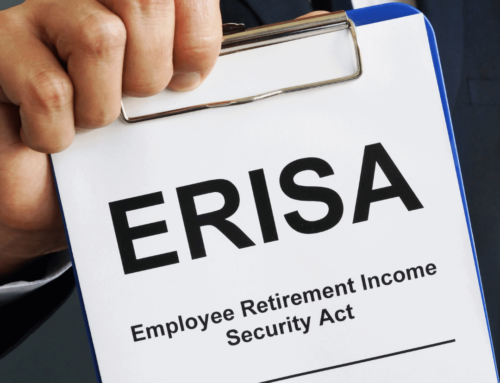In the early stages of your Short Term Disability claim, the focus is on whether you can perform your own occupation with the Employer. The hoped-for result is a disability claim which extends only for a short duration during which your position is protected for 12 weeks by the federal statute commonly referred to as “FMLA,” which stands for “Family and Medical Leave Act,” found at 29 U.S.C. §2601, et seq. Quite frankly, this is the result everyone wants- the insurance company which does not want to pay out any more money than it has to, the employer which wants its valuable employee back, and, most importantly, you, the employee who wants to return to work for any number of reasons. These include the support it provides, the camaraderie of the workplace, the positive emotional benefits of work, etc.
What Options Do You Have After FMLA?
The other course which may be followed is for those whose disabling condition is going to take them out of the workforce for an extended period of time, perhaps permanently. It is at the point in time at which the employer or insurance company realizes it has a potential long term disability that different forces will be brought to bear on your long term disability claim. First, the protections of FMLA now provide nothing beyond the 12 weeks. At this point, the employer realizes that you have gone from being a productive employee to a business liability. You will have to deal with the really of being terminated from your position and all of the negative ramifications associated therewith, including loss of group medical benefits.
The other, likely unseen, change coming is the change in the definition of “total disability.” Usually, during the first 24 months of the claim,
Of course, the job must be reasonable. There is a debate as to whether the rocket scientist can be required to take a position at a fast food chain. The cavalier attitudes of some claims representatives would be laughable if it were not so serious as it affects my client’s livelihood. To combat a denial based on this definitional change usually requires the use of vocational expertise. Sometimes this is not true if we are confident that the medical evidence is overwhelming. When such is not the case, we will have our clients meet with a vocational counselor for purposes of assessing whether there are any jobs that might fall under the “any occupation” definition.
Do You Need Help With Your Long Term Disability Claim? Contact Herbert M. Hill Today
If your Long Term Disability claim has been denied for this or any other reason, please give Herbert M. Hill, P.A. a call and we would be glad to answer any questions you may have. We are available at 407-839-0005 or, toll free, 844-454-5995. Indeed, you are welcome to call at any time with any questions about your claim. Many clients even come to us before filing the application for benefits to figure out the best way to go about it.
Herbert M. Hill, P.A. is a law firm located in Orlando, Florida with a practice extending throughout the southeaster United States. The firm handles any claims arising under the Employee Retirement Income Security Act (“ERISA”) for disability benefits, medical benefits, retirement benefits of any sort, including pension, 401k, termination agreements or the like as well as claims arising under private disability policies.






